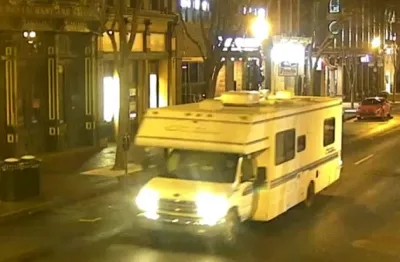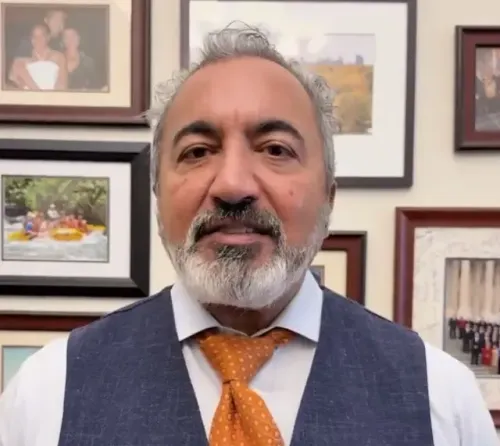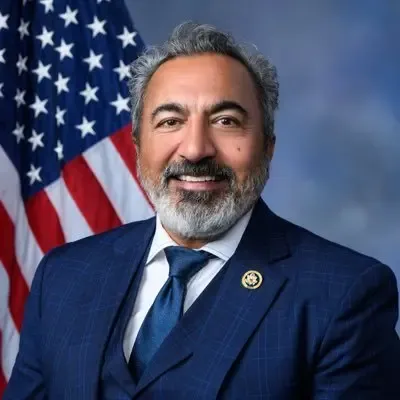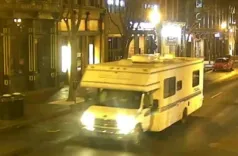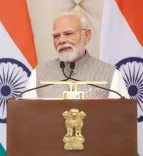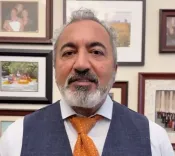New York Launches Pioneering Congestion Pricing Initiative in the United States
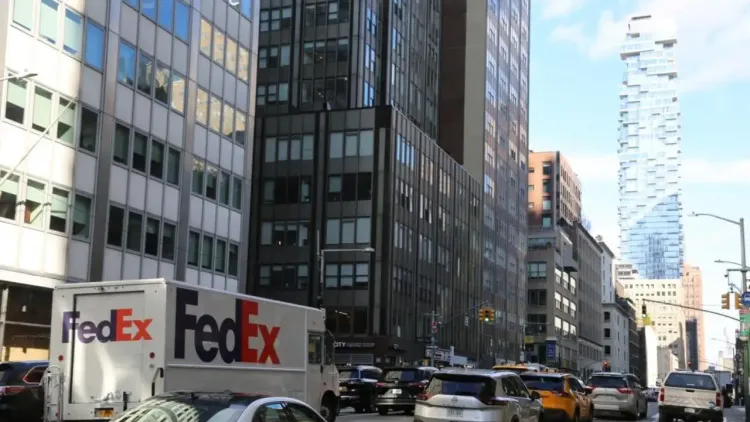
New York, Jan 5 (NationPress) A congestion pricing initiative spanning Lower and Midtown Manhattan commenced on Sunday, establishing New York City as the first city in the United States to introduce such a measure.
Vehicles entering the congestion relief zone will incur tolls, with the charge varying based on vehicle type, time of day, applicable crossing credits, and payment methods. Discounts and exemptions are available for certain drivers or vehicles, according to the Metropolitan Transportation Authority (MTA).
Passenger cars, small commercial vehicles, trucks, buses, and motorcycles entering the congestion relief zone will be billed once a day, while passengers using taxis and rideshare services will be charged for each trip to, from, within, or through the congestion relief zone.
The tolls are set to increase in 2028 and 2031 as regulators gradually eliminate 40 percent of the discounts initially offered.
It is projected that the congestion pricing initiative will reduce the number of vehicles entering the congestion relief zone by 10 percent and decrease vehicle miles in the area by 5 percent.
The MTA anticipates generating an additional $1 billion in revenue annually to support its capital spending plan, which may reach up to $15 billion.
Despite the controversy surrounding the initiative leading to numerous lawsuits in New York and New Jersey, opponents were unable to halt its implementation, as reported by Xinhua news agency.
The idea gained momentum in New York briefly in 2007 when then-Mayor Michael R. Bloomberg proposed a congestion pricing initiative that ultimately did not progress in the State Legislature. A decade later, Governor Andrew M. Cuomo revisited the proposal in response to a crisis impacting subway services. The tolling initiative was eventually approved as part of the state budget in 2019.
However, just before its planned implementation in June, Governor Kathy Hochul, a Democrat, delayed the initiative, expressing concerns that the tolls might harm the city’s economy. Some critics claimed that the proposal, which public opinion polls suggested was largely unpopular, could negatively influence Democratic candidates in the approaching November elections.

